Recently, Ocean Plan partnered with the Sanya National Field Scientific Observation and Research Station of Marine Ecosystems in Hainan, the State Key Laboratory of Marine Pollution (SKLMP) at City University of Hong Kong, and other scientific institutions to carry out underwater ecological monitoring missions, promoting the integration of marine science research and technological applications.
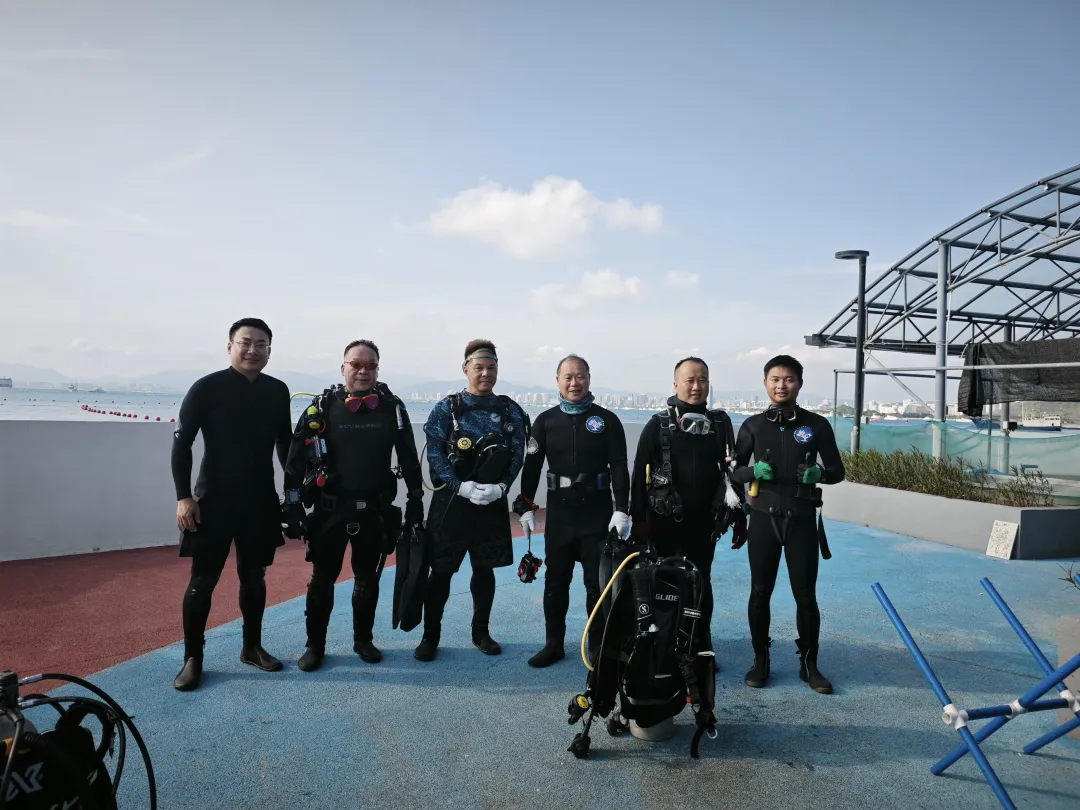
During this underwater mission, scientific divers used a variety of Ocean Plan’s underwater communication and navigation system products. These included a surface Control Center, the Dive Navigation Computer Navygator-Pro, underwater locator beacon Mark-7, salinity monitoring equipment, and the Map Series underwater communication and navigation systems. With functions such as underwater positioning, communication, data collection, and task coordination, the devices significantly improved the efficiency and safety of scientific diving operations, opening up new breakthrough of underwater research.
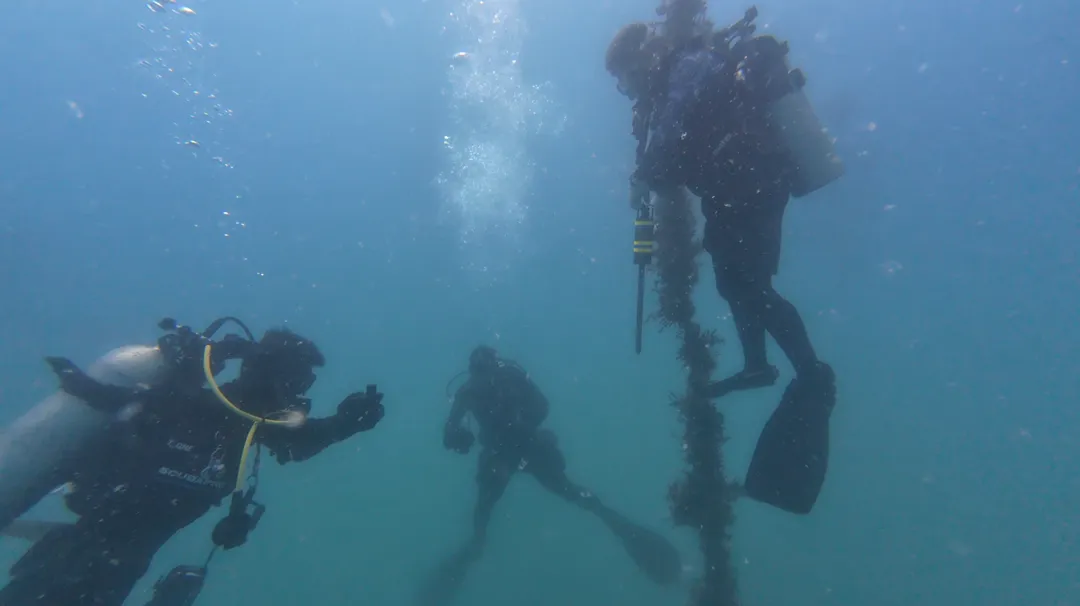
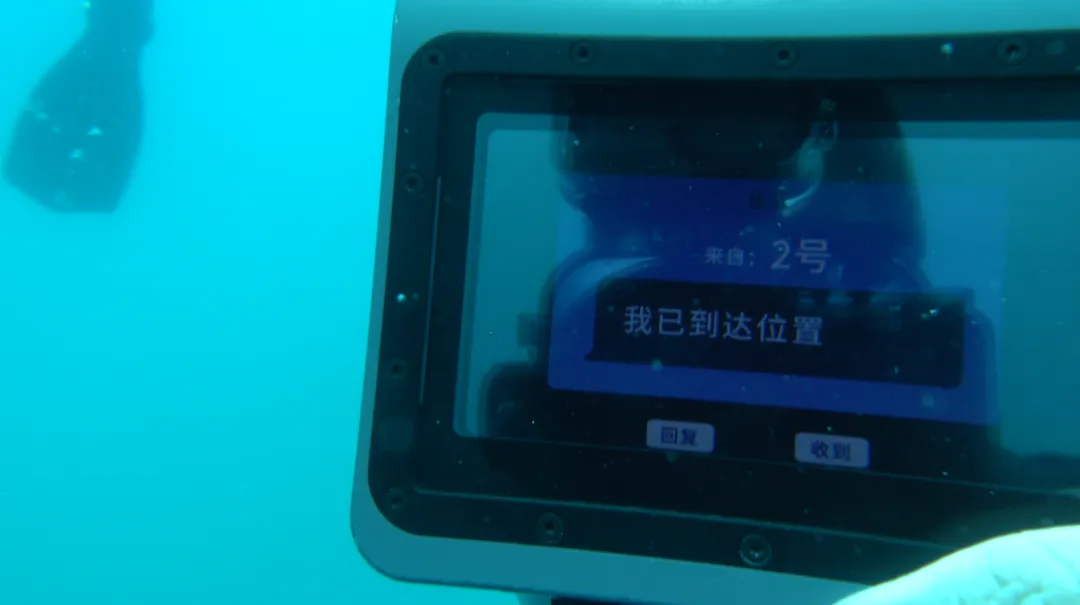
In marine ecological protection efforts, the Sanya National Field Scientific Observation and Research Station of Marine Ecosystems and the State Key Laboratory of Marine Pollution at City University of Hong Kong are two key research forces. They have long been at the forefront of marine ecosystem research and protection.
This scientific diving mission aimed to deeply explore coral reef ecosystem monitoring technologies, the application of scientific diving, and the development of digital platforms. By joining forces, the parties strive to promote the sustainable development of coral reef ecosystems.
Technology Empowers Underwater Research, Enhancing Task Coordination Efficiency
Traditional underwater research often faces challenges such as GPS signal loss and low visibility, resulting in inefficient task execution, poor coordination, and high risks. Ocean Plan’s Underwater Communication and Navigation Systems play a critical role in underwater target positioning, searching, task interaction, and route planning.
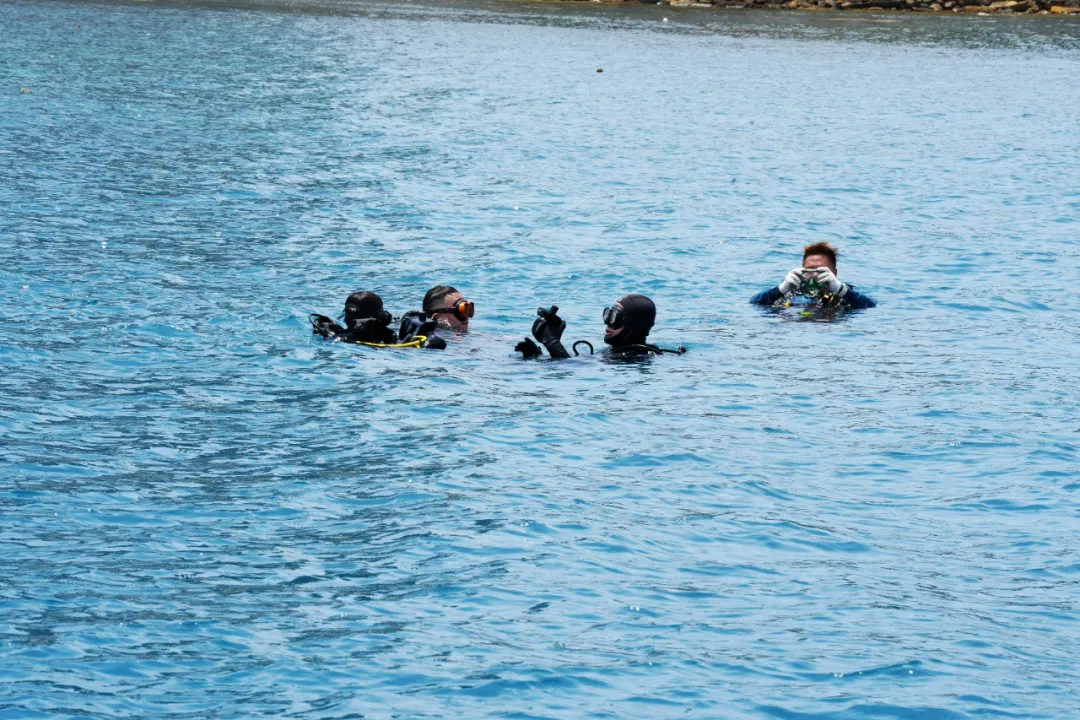
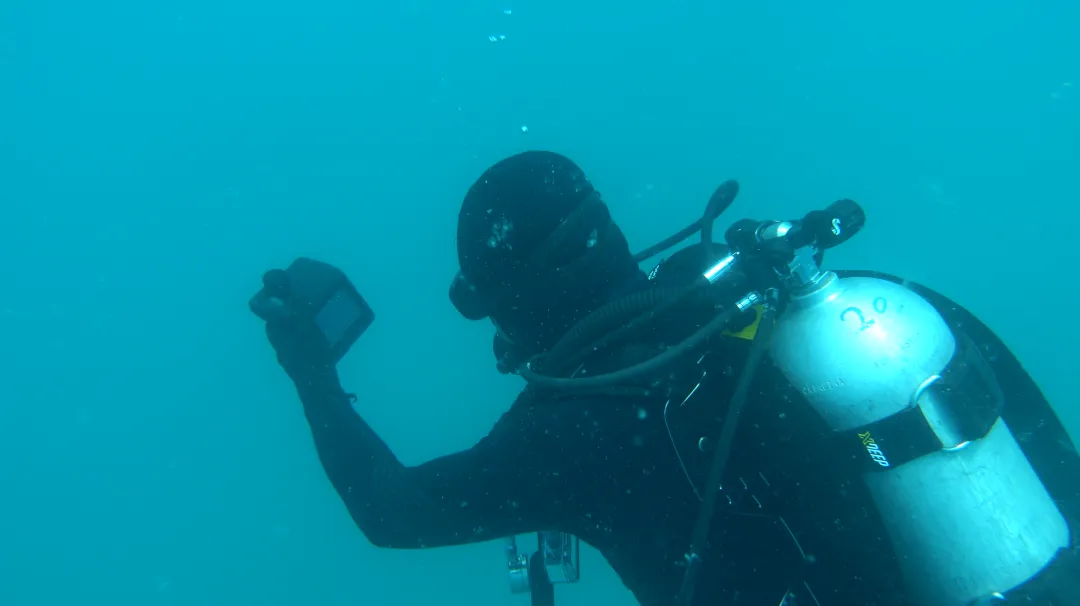
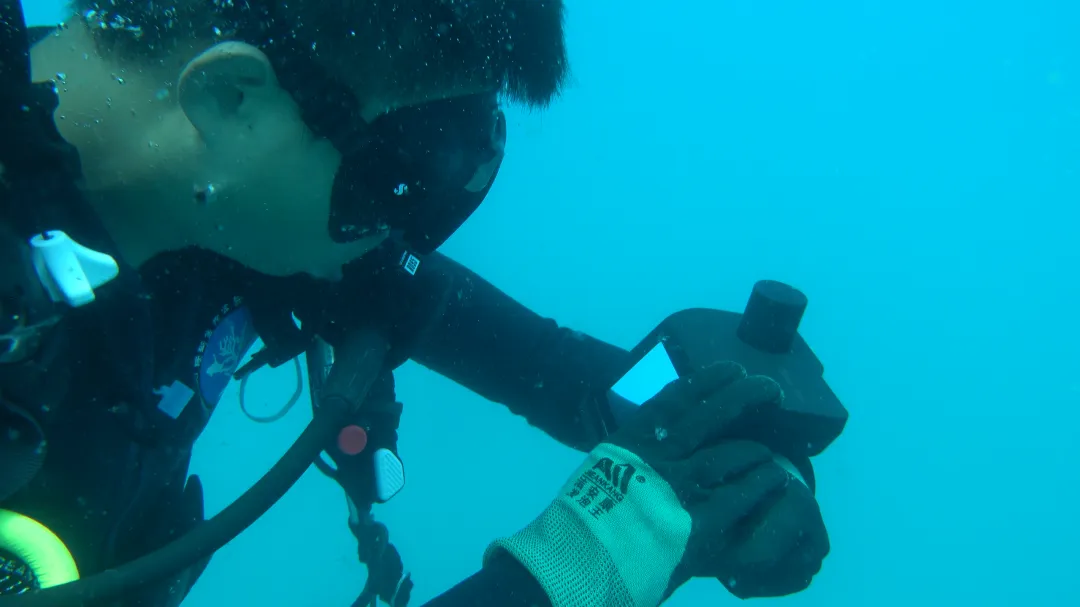
By obtaining real-time positioning and environmental data, researchers can collaboratively carry out coral health assessments, underwater ecological monitoring, and other scientific tasks, effectively reducing operational risks and improving the quality of underwater research missions.
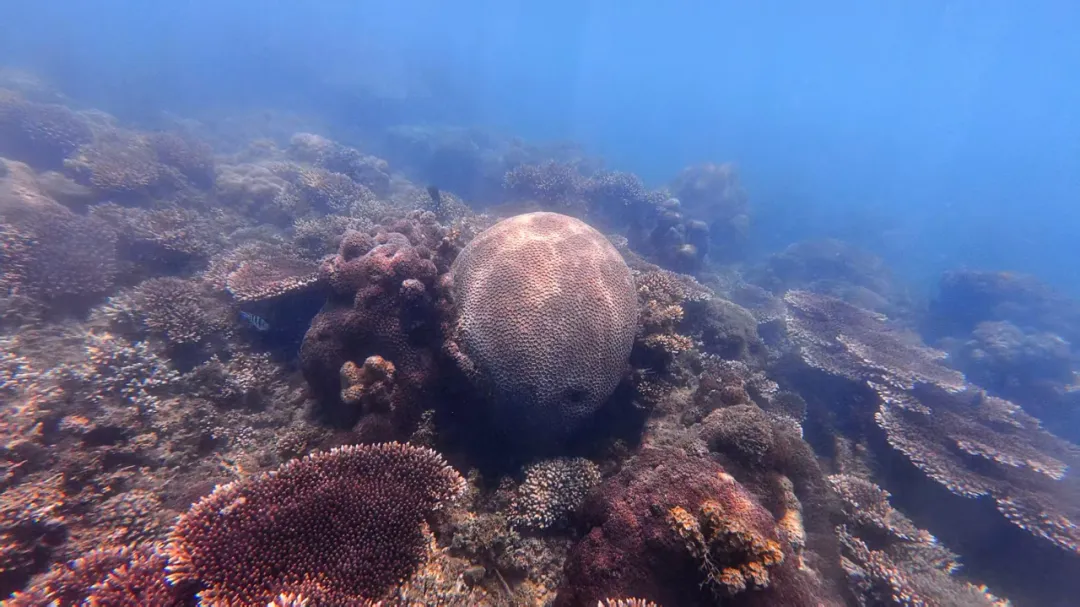
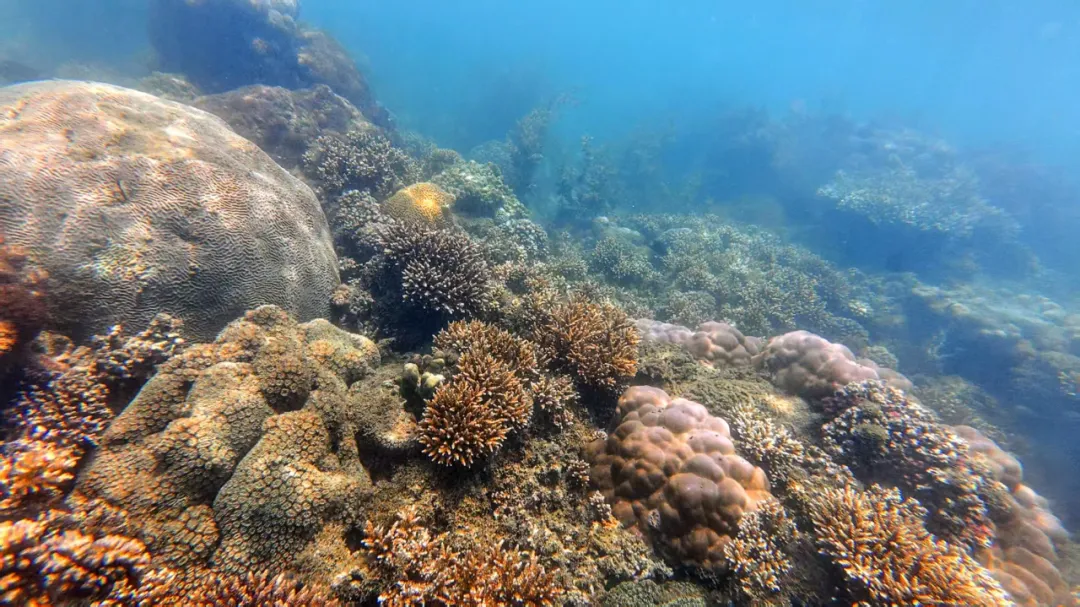
Ocean Plan stated that it will continue to focus on the application needs of frontline research teams, promoting the development of underwater communication and positioning technologies. The company aims to work with more research institutions to efficiently accomplish underwater data collection, observation, and ecological protection tasks—diving deeper into the ocean in pursuit of its mission to protect the deep blue.